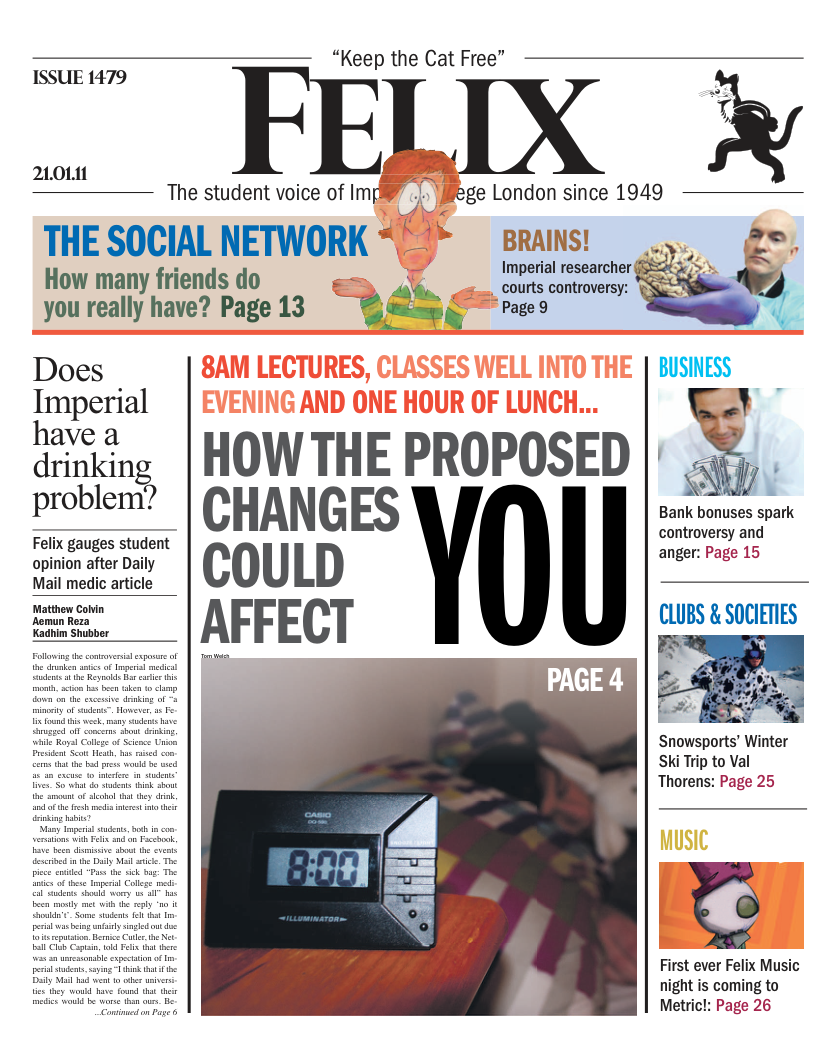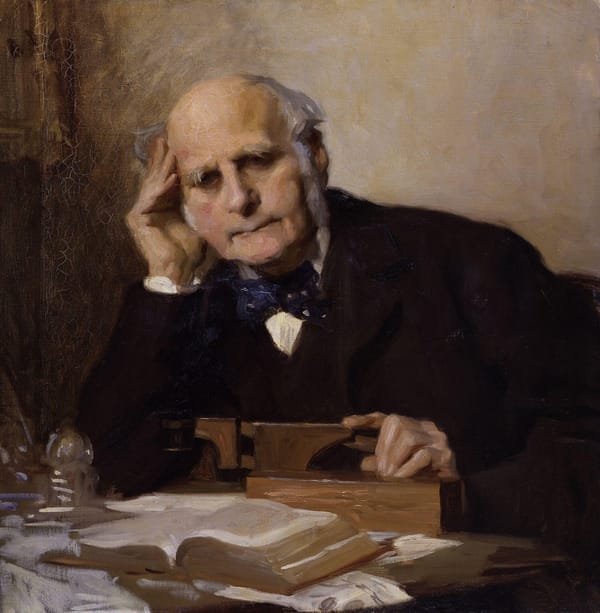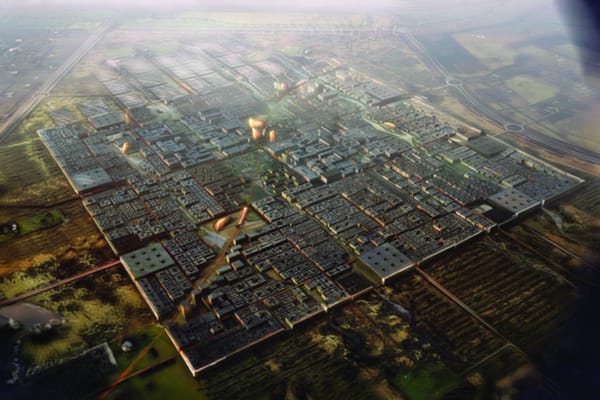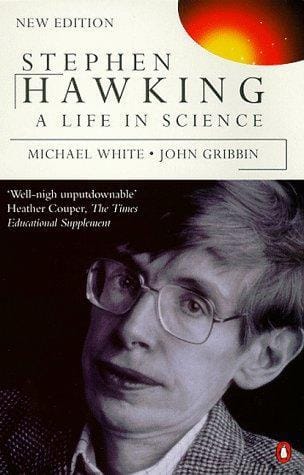Shooting the stars to find meteorites
New meteorite in Western Australia’s Nullarbor Desert
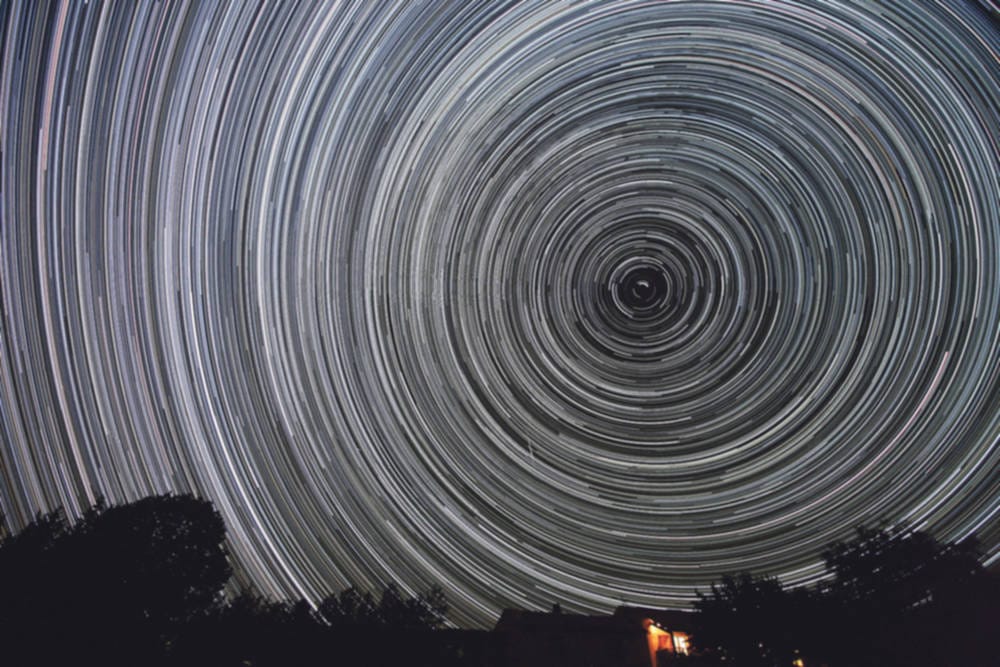
The finding of a new meteorite in Western Australia’s Nullarbor Desert has been announced by an international group of scientists, led by Imperial’s Dr Philip Bland. This was achieved using the Desert Fireball Network, a project involving the Onarejov Observatory in the Czech Republic, the Western Australia Museum, Curtin University, Perth, as well as Imperial College. The Network consists of a number of film based cameras, used because the available digital cameras do not have a good enough resolution, spread out over several thousand square kilometres of the desert. Each takes time lapse photographs of the night sky, the film of which is sent by local farmers back to the researchers to be developed and studied. The clear Australian sky allows useful photos to be taken almost every night. If a meteorite fireball appears in more than one picture the scientists are able to calculate not only its previous orbit, but, using climate models, also where it landed. The system is so accurate that the position of the latest find was calculated to be just 150m from its true location.
While this is not the first such tracking system to be set up, it is the first in the Southern Hemisphere and the first which allows easy retrieval of the meteorites. The dry, featureless desert means that they remain undisturbed in the months between the scientists’ visits and that they are easy to spot when the researchers do arrive. Dr Bland has said that “other teams have encountered problems because meteorites are small rocks and they’re quite hard to find in vegetated areas”. The new meteorite, only the size of a fifty pence piece and a deep black colour, would have been very difficult to locate had it not contrasted so well with the flat, white limestone of the Nullarbor.
Knowing the composition of the meteorites as well as where they came from can tell scientists a lot about the formation of the Solar System. This project is very significant as there have previously only been about a dozen meteorites whose orbits have been recorded. The only other alternative which can collect the same data, sending probes out into space, is several times more expensive.
The team’s previous find, the first using the equipment, was the Bunburra Rochole meteorite, samples of which were recovered in 2008 and 2009 after it fell on the 20 July 2007. It had a very unusual orbit and composition and provided evidence for a theory of how planetesimals, large asteroids which were the building blocks of planets, may have been formed in the inner Solar System.

